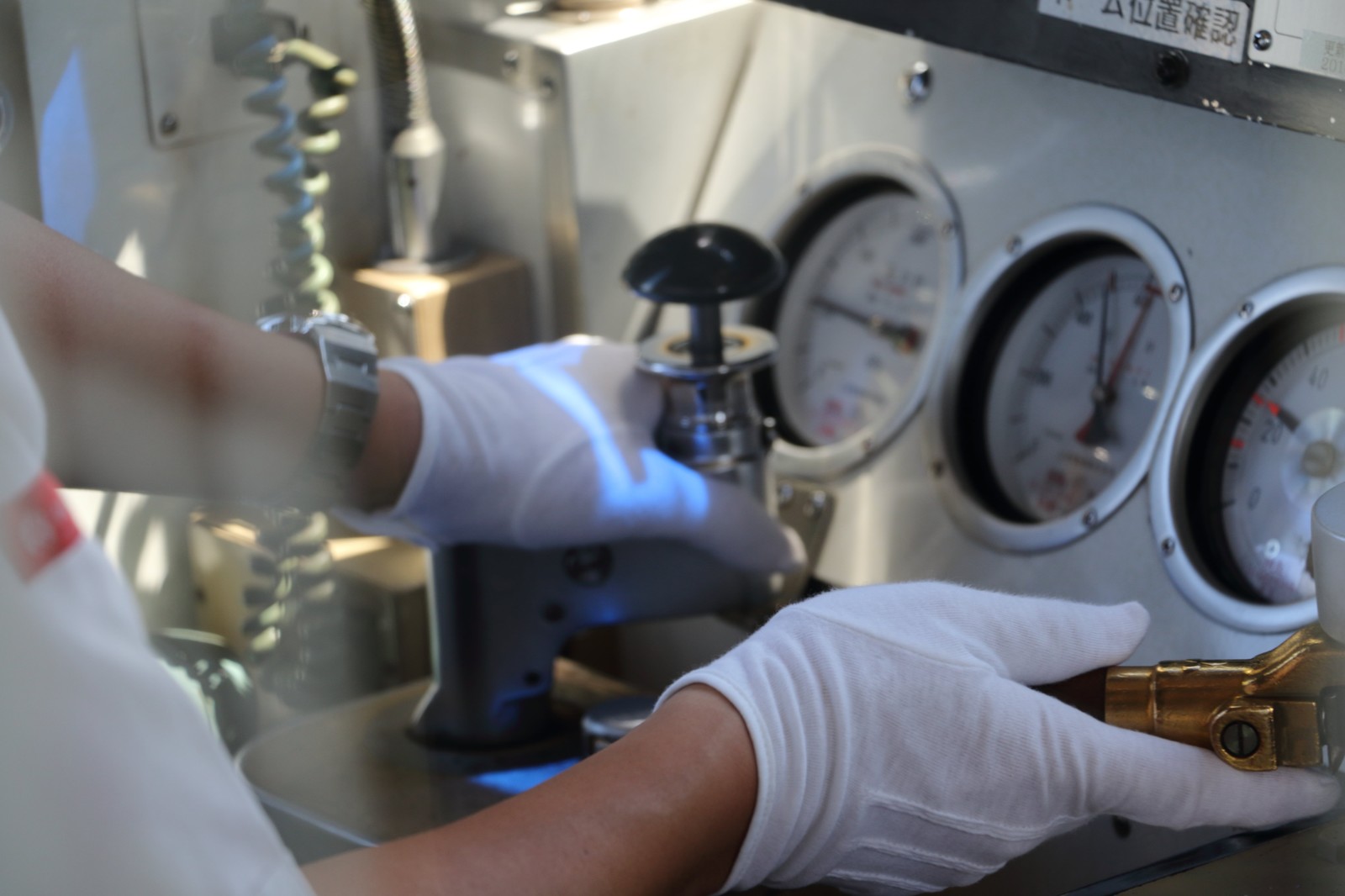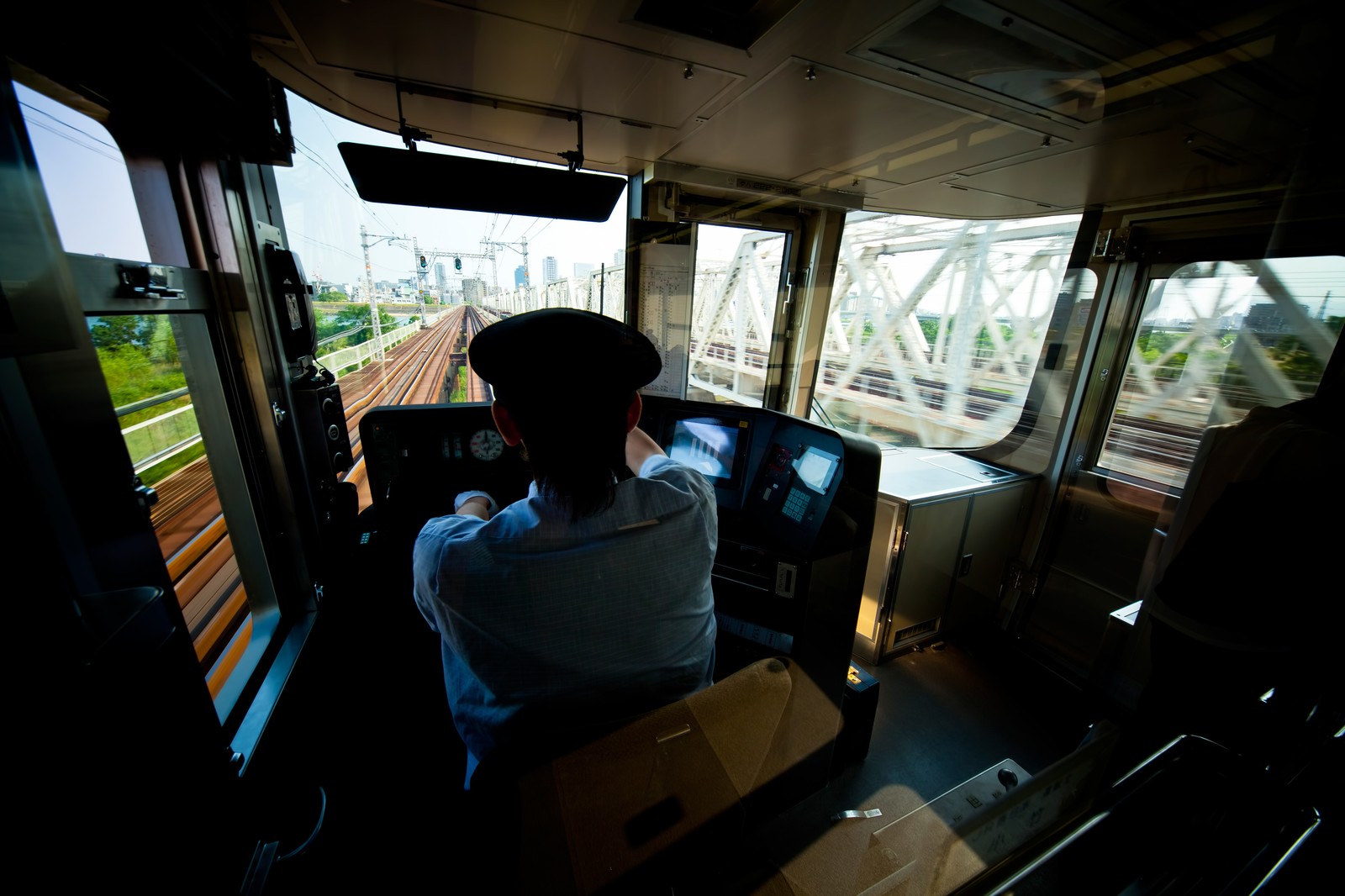
All in the name of flexibility.
Train station staff in Japan are a dedicated bunch, committing themselves to provide the highest level of safety and professionalism to commuters that some other countries can only dream of.
But a public announcement on 4 April by Japan Railways East (JR East), the company running one of the country’s largest public railway networks, has shaken staff members with a new change. Specifically, the job titles of “train conductor” or “train drivers” will be abolished, to be replaced with general roles of “crew” and “crew leaders”.
▼ This adjustment will come into effect sometime in April 2020.
Along with this also comes the removal of in-house tests currently mandatory for all conductors. More than simply a name change, JR East has confirmed that the shift from specific roles to an all-encompassing “crew” is a way for management to quickly deploy manpower to wherever it is needed most, particularly during the hectic months leading up to the Tokyo Olympics in August 2020.
Although the role of crew leader has not been clarified, we assume it may be experienced personnel in charge of deploying and training staff.
So even though someone might be a crew member, he or she could be working as a train operator one day, and suddenly gate attendant or platform attendant the next, maybe even all on the same day.
▼ Being a JR East employee just got a lot more challenging.
This is the first time JR East has considered a revamp of the current system, sparked by a worrying shortage of hands. While the new arrangement hopes to cultivate flexibility in personnel, the company faced backlash from employees when it was first revealed to them in late March.
And understandably so, as the announcement presented more questions than it has answered. Will crew members be forced to receive training in roles they are not interested in? Will they be expected to take on multiple roles a day? How does pay work out then?
Details have not been revealed other than the change, but Japanese netizens were nevertheless concerned:
“I’m more worried about them doing away with the in-house tests. There’ll be more accidents if there’s no proper certification.”
“Seems like there will be less people interested in working with them since they won’t know what they will end up doing.”
“I don’t really care about the tests, but some children dream of being a conductor. I wish they’d keep it the same.”
This adjustment looks to be temporary for now to presumably deal with the Tokyo Olympics, but it could very well become a permanent system after that. Perhaps JR East has other plans to fill the shortage that we are not aware of, such as having a squad of robots on hand, but we can only hope they will provide a clearer picture for employees in the coming months.
Source: Livedoor News via Hachima Kiko
Top image: Pakutaso
Insert images: Pakutaso (1, 2)
● Want to hear about SoraNews24’s latest articles as soon as they’re published? Follow us on Facebook and Twitter!



 Calendar of photos from often maligned train otaku community to be sold by JR East
Calendar of photos from often maligned train otaku community to be sold by JR East Tokyo trains set to become less convenient with new last train schedule
Tokyo trains set to become less convenient with new last train schedule Japan Railways wants to build a team of robots to help travelers, catch criminals in its stations
Japan Railways wants to build a team of robots to help travelers, catch criminals in its stations Platform 13½ set to open at Ueno Station in Tokyo
Platform 13½ set to open at Ueno Station in Tokyo JR East to equip trains station staff with bodycams to protect them from attacks
JR East to equip trains station staff with bodycams to protect them from attacks Japan’s new difficult-to-drink-from beer glass protects your liver, but it’s a brutal experience
Japan’s new difficult-to-drink-from beer glass protects your liver, but it’s a brutal experience How to order snacks on a Shinkansen bullet train in Japan
How to order snacks on a Shinkansen bullet train in Japan Demon Slayer: Kimetsu no Yaiba gets new roller coaster attractions and food at Universal Studios Japan
Demon Slayer: Kimetsu no Yaiba gets new roller coaster attractions and food at Universal Studios Japan New Pokémon ice cream, dessert drinks, and cool merch coming to Baskin-Robbins Japan【Pics】
New Pokémon ice cream, dessert drinks, and cool merch coming to Baskin-Robbins Japan【Pics】 Burger King Japan suddenly adds Dr. Pepper and Dr. Pepper floats to its menu nationwide
Burger King Japan suddenly adds Dr. Pepper and Dr. Pepper floats to its menu nationwide Hello, cosmetics! Clinique teams up with Hello Kitty this summer for first-time collaboration
Hello, cosmetics! Clinique teams up with Hello Kitty this summer for first-time collaboration “The most Delicious Cup Noodle in history” – Japan’s French Cup Noodle wins our heart【Taste test】
“The most Delicious Cup Noodle in history” – Japan’s French Cup Noodle wins our heart【Taste test】 To combat declining birth rate, Japan to begin offering “Breeding Visas” to foreigners
To combat declining birth rate, Japan to begin offering “Breeding Visas” to foreigners Starbucks teams up with Japanese shochu brewery for a whole new coffee experience
Starbucks teams up with Japanese shochu brewery for a whole new coffee experience Studio Ghibli releases giant Totoro plushies in Japan
Studio Ghibli releases giant Totoro plushies in Japan Nintendo history you can feel – Super NES, N64, and GameCube controllers become capsule toys
Nintendo history you can feel – Super NES, N64, and GameCube controllers become capsule toys Starbucks releases a cute Frappuccino and Unicorn Cake…but not in Japan
Starbucks releases a cute Frappuccino and Unicorn Cake…but not in Japan Kyoto Tower mascot termination reveals dark side behind cute Japanese characters
Kyoto Tower mascot termination reveals dark side behind cute Japanese characters McDonald’s Japan’s Soft Twist Tower: A phantom ice cream only sold at select branches
McDonald’s Japan’s Soft Twist Tower: A phantom ice cream only sold at select branches Yabai Ramen: What makes this Japanese ramen so dangerous?
Yabai Ramen: What makes this Japanese ramen so dangerous? Finally! Nintendo Japan expands Switch 8-bit controller sales to everybody, Online member or not
Finally! Nintendo Japan expands Switch 8-bit controller sales to everybody, Online member or not Japanese government wants to build luxury resorts in all national parks for foreign tourists
Japanese government wants to build luxury resorts in all national parks for foreign tourists 10 things you should buy at 7-Eleven in Japan
10 things you should buy at 7-Eleven in Japan Studio Ghibli releases anime heroine cosplay dresses that are super comfy to wear
Studio Ghibli releases anime heroine cosplay dresses that are super comfy to wear Woman charged for driving suitcase without a license in Osaka
Woman charged for driving suitcase without a license in Osaka Studio Ghibli unveils My Neighbour Totoro miniature house model
Studio Ghibli unveils My Neighbour Totoro miniature house model Kyoto experiencing problems with foreign tourists not paying for bus fares, but not on purpose
Kyoto experiencing problems with foreign tourists not paying for bus fares, but not on purpose Fighting mild hunger with a Japanese soda that turns into jelly in the stomach【Taste test】
Fighting mild hunger with a Japanese soda that turns into jelly in the stomach【Taste test】 Studio Ghibli’s Howl’s Moving Castle tapestry unveiled in Japan for first time
Studio Ghibli’s Howl’s Moving Castle tapestry unveiled in Japan for first time McDonald’s new Happy Meals offer up cute and practical Sanrio lifestyle goods
McDonald’s new Happy Meals offer up cute and practical Sanrio lifestyle goods Sales of Japan’s most convenient train ticket/shopping payment cards suspended indefinitely
Sales of Japan’s most convenient train ticket/shopping payment cards suspended indefinitely Sold-out Studio Ghibli desktop humidifiers are back so Totoro can help you through the dry season
Sold-out Studio Ghibli desktop humidifiers are back so Totoro can help you through the dry season Japanese government to make first change to romanization spelling rules since the 1950s
Japanese government to make first change to romanization spelling rules since the 1950s Foreigner’s request for help in Tokyo makes us sad for the state of society
Foreigner’s request for help in Tokyo makes us sad for the state of society Ghibli founders Toshio Suzuki and Hayao Miyazaki contribute to Japanese whisky Totoro label design
Ghibli founders Toshio Suzuki and Hayao Miyazaki contribute to Japanese whisky Totoro label design Doraemon found buried at sea as scene from 1993 anime becomes real life【Photos】
Doraemon found buried at sea as scene from 1993 anime becomes real life【Photos】 Tokyo’s most famous Starbucks is closed
Tokyo’s most famous Starbucks is closed Princesses, fruits, and blacksmiths: Study reveals the 30 most unusual family names in Japan
Princesses, fruits, and blacksmiths: Study reveals the 30 most unusual family names in Japan East Japan Railway abolishes skirts, ribbons in women’s uniforms to “eliminate gender difference”
East Japan Railway abolishes skirts, ribbons in women’s uniforms to “eliminate gender difference” Japanese train operator scraps plan to identify past offenders with facial recognition camera
Japanese train operator scraps plan to identify past offenders with facial recognition camera Japan Railways to release new anti-groper smartphone app to help victims before chikan gets away
Japan Railways to release new anti-groper smartphone app to help victims before chikan gets away JR East to release official train simulator on Steam on 20 September
JR East to release official train simulator on Steam on 20 September Shinkansen conductor caught playing GPS smartphone game on bullet train…for TEN years
Shinkansen conductor caught playing GPS smartphone game on bullet train…for TEN years All-you-can-ride Shinkansen deal coming to Japan for a limited time
All-you-can-ride Shinkansen deal coming to Japan for a limited time Shinkansen safety staff made to sit right next to bullet trains running at 300km/h
Shinkansen safety staff made to sit right next to bullet trains running at 300km/h New private rooms on Tokaido Shinkansen change the way we travel from Tokyo to Kyoto
New private rooms on Tokaido Shinkansen change the way we travel from Tokyo to Kyoto Tokyo airport’s new train line to make getting into, out of the city easier for JR pass holders
Tokyo airport’s new train line to make getting into, out of the city easier for JR pass holders New Japan rail pass gives you a week of free rides in a huge space to chase the cherry blossoms
New Japan rail pass gives you a week of free rides in a huge space to chase the cherry blossoms Shinkansen driver disciplined for taking poop break while train was going 150 kilometers an hour
Shinkansen driver disciplined for taking poop break while train was going 150 kilometers an hour Japan Railways looking for love in all the weird places again with the Love Love Bench
Japan Railways looking for love in all the weird places again with the Love Love Bench Japan Railways selling official gloves, cushion, timetable, and more for official sim game
Japan Railways selling official gloves, cushion, timetable, and more for official sim game Woman jailed after entering Japanese train cabin with key bought at online auction
Woman jailed after entering Japanese train cabin with key bought at online auction Train driver sues Japan Rail…over 56 yen for a one-minute delay
Train driver sues Japan Rail…over 56 yen for a one-minute delay What is this weird train spotted at a Japanese railway station?
What is this weird train spotted at a Japanese railway station?
Leave a Reply